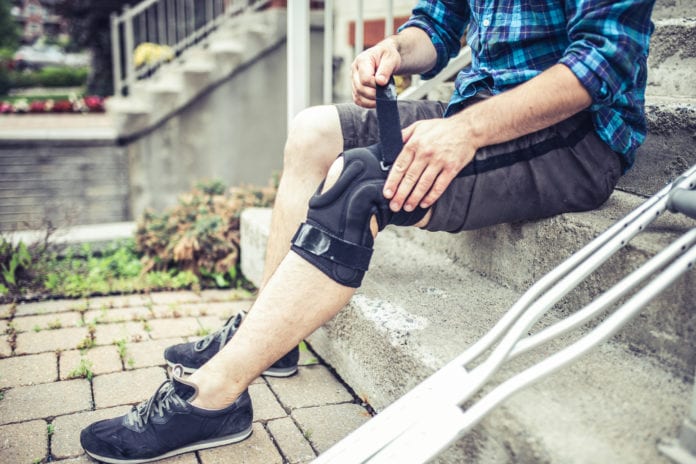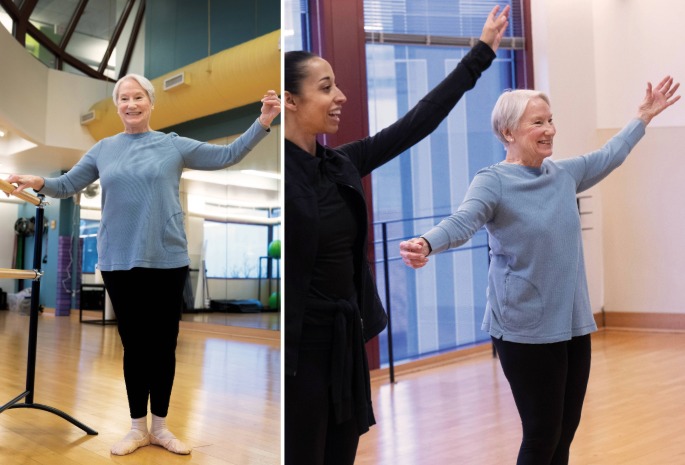 As one of the largest joints in the body, the knee is highly susceptible to injury. One of the most common knee injuries is a torn meniscus. The meniscus is a rubbery, C-shaped disk that cushions the knee joint and absorbs shock between the shinbone and thighbone. Each knee has two menisci to keep the weight balanced across the joint.
As one of the largest joints in the body, the knee is highly susceptible to injury. One of the most common knee injuries is a torn meniscus. The meniscus is a rubbery, C-shaped disk that cushions the knee joint and absorbs shock between the shinbone and thighbone. Each knee has two menisci to keep the weight balanced across the joint.
Athletes, particularly those who play contact sports, are most prone to meniscal tears, but the injury can happen to anyone at any age.
A meniscal tear is most often caused when a person twists or turns quickly with one foot planted on the ground and the knee bent. For example, if a tennis player squats and twists his or her knee at the same time, a tear can happen. A torn meniscus is more likely to occur with age, as the meniscus and cartilage in the knee wear thin over time. Just twisting awkwardly while standing up from a chair could be enough to cause a tear in someone whose meniscus has age-related wear and tear.




